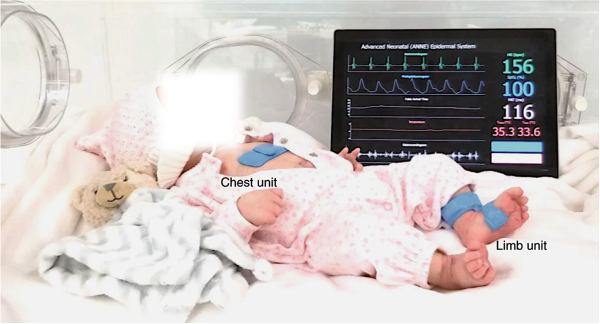We like to keep a pulse on the latest biosensor research going on around the world. One class of biosensors that have really caught our attention is the so-called thin-film sensors, pioneered by the Rogers Research Group at Northwestern University.
We’re no strangers to the flexible PCB here at Hackaday. Flexible PCBs have become increasingly accessible to small-scale developers and hobbyists, explaining why we’re seeing them incorporated into many academic research projects. The benefit of these types of sensors lies in the similarity of their mechanical properties to those of human skin. Human skin is flexible, so matching the flexibility of skin allows these thin-film sensors to adhere more comfortably and naturally to a person’s body. Continue reading “Flexible, Thin-Film Biosensors”











